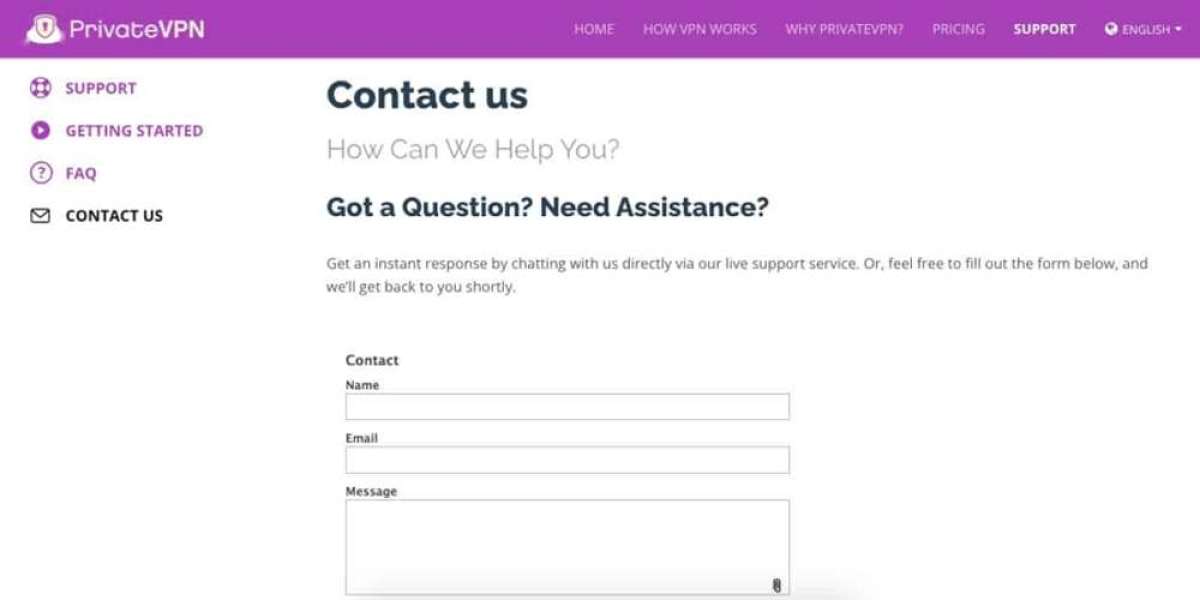In 2025, creating a website has become easier than ever before, thanks to powerful website builders like WordPress and Wix. Whether you want to launch a personal blog, a portfolio, or a full-fledged e-commerce store, these two platforms offer impressive features. But the question many people still ask is: What is the difference between WordPress and Wix? Understanding their differences can help you pick the right tool for your needs and goals.
Let’s dive deep into WordPress and Wix, comparing their strengths, weaknesses, pricing, flexibility, and ease of use to help you make an informed decision.
What is WordPress?
WordPress is an open-source content management system (CMS) powering over 40% of all websites globally as of 2025. It started primarily as a blogging platform but has evolved into a versatile website builder that supports everything from simple blogs to complex e-commerce stores and membership sites.
There are two versions of WordPress to know about:
WordPress.org (self-hosted): You download the WordPress software and install it on your own web hosting. This option gives you complete control and flexibility.
WordPress.com (hosted): A hosted version where WordPress manages the infrastructure, but it’s less flexible than the self-hosted option.
When people talk about WordPress as a website builder, they usually mean the self-hosted WordPress.org platform because it offers the most power and customization.
What is Wix?
Wix is a cloud-based website builder launched in 2006 that offers a highly intuitive, drag-and-drop interface for creating websites without needing any coding knowledge. Wix is an all-in-one platform where you get hosting, templates, and design tools bundled together.
Wix focuses on simplicity and speed. Users can start building a site within minutes using pre-designed templates, AI-powered site builders, and a wide variety of apps from their marketplace.
Ease of Use: WordPress vs Wix
One of the biggest questions is What is the difference between WordPress and Wix? when it comes to ease of use.
Wix is widely recognized as one of the easiest website builders on the market. Its drag-and-drop editor lets you move elements around your pages effortlessly, making it ideal for beginners. You don’t have to worry about hosting, security, or updates—Wix takes care of all that for you.
WordPress, while user-friendly, has a steeper learning curve, especially if you choose the self-hosted route. You need to set up hosting, install WordPress, choose themes and plugins, and sometimes troubleshoot compatibility issues. However, once you get the hang of it, WordPress offers unmatched flexibility and control.
If you want a quick, hassle-free site with minimal setup, Wix is a winner here. But if you don’t mind investing time learning, WordPress gives you more power.
Design and Customization
Another key difference is how each platform handles design.
Wix offers hundreds of professionally designed templates and a drag-and-drop builder that lets you customize your site visually. You can tweak layouts, fonts, colors, and add animations. However, once your site is live, changing templates on Wix is tricky. Also, while Wix offers many design options, the freedom is limited compared to WordPress.
WordPress offers thousands of free and premium themes that you can customize deeply. Plus, with page builder plugins like Elementor and Divi, you get a drag-and-drop experience as well. But beyond that, WordPress allows developers to code custom themes or modify existing ones, giving complete design freedom.
So, if you want ease and quick customization, Wix is great. But if design flexibility and scalability are important, WordPress shines.
Plugins and Features
When it comes to expanding your website’s functionality, knowing WordPress Website Designing Services In Delhi really matters.
WordPress has over 60,000 plugins, ranging from SEO tools, e-commerce integrations, membership systems, to custom contact forms. This extensive ecosystem means you can add virtually any feature to your site.
Wix offers an App Market with hundreds of apps to extend your site’s functionality. While these apps are easy to install, they are more limited compared to WordPress plugins. Also, some advanced features might require upgrading your Wix plan.
If you foresee needing advanced functionality, WordPress is the more powerful choice. But if you want essential features out of the box, Wix has you covered.
SEO Capabilities
Search engine optimization (SEO) is critical for website success. Here’s how WordPress and Wix compare:
WordPress is well-known for its SEO flexibility. With plugins like Yoast SEO and Rank Math, you can fine-tune every aspect of your site’s SEO, from meta descriptions to XML sitemaps, breadcrumbs, and schema markup. Because WordPress gives you access to your site’s code, it’s easier to optimize performance and SEO.
Wix has significantly improved its SEO capabilities over the years and now offers essential tools like customizable meta tags, automatic sitemap generation, and mobile optimization. Wix’s SEO Wiz tool is beginner-friendly and guides you through basic optimization.
For advanced SEO needs, WordPress remains the top choice, but Wix is perfectly fine for small businesses and personal sites.
E-commerce Support
If you want to sell products online, both WordPress and Wix have options — but they differ.
WordPress integrates with WooCommerce, the most popular e-commerce plugin in the world. WooCommerce is free to use but has many paid extensions. It supports everything from physical products to digital downloads, subscriptions, bookings, and more. Because it’s open source, you can customize your store extensively.
Wix offers a built-in e-commerce solution that is easy to set up with no plugins needed. You can sell physical and digital products, manage inventory, offer multiple payment methods, and use Wix’s marketing tools. However, it’s less scalable for very large or complex online stores compared to WooCommerce.
For small to medium stores, Wix is an easy way to get started. For large or highly customized stores, WordPress + WooCommerce is the better option.
Pricing Comparison
Understanding pricing is crucial, so let’s break it down simply.
Wix operates on a subscription model with several plans starting from a free basic plan (with Wix branding and ads) to premium plans ranging from $14 to $49 per month. The price includes hosting, SSL, templates, and support.
WordPress.org itself is free software. But you need to pay for hosting (around $3-$30/month depending on provider and plan), a domain name (~$10-$15/year), premium themes or plugins (optional), and possibly developer help if needed.
Wix offers a predictable, all-in-one pricing structure, making budgeting easier. WordPress can be cheaper or more expensive depending on your choices and scale.
Ownership and Control
When asking What is the difference between WordPress and Wix?, ownership is a key factor.
With WordPress, you have full ownership of your website and data since you host it yourself. You can move your site anytime and back it up as you please.
With Wix, your site is hosted on Wix’s servers, so you’re somewhat tied to their platform. Exporting your site to another host or platform is difficult, so you have less control over your data.
If you value independence and control, WordPress is superior.
Support and Community
Wix offers 24/7 customer support via chat and phone, plus a large knowledge base. Since it’s a commercial product, their support is streamlined.
WordPress has no official centralized support since it’s open source, but it boasts an enormous community. You’ll find countless tutorials, forums, blogs, and professional developers offering services. Premium themes and plugins often come with dedicated support.
If you want direct official support, Wix is convenient. For community-driven help and expert services, WordPress excels.
Summary: What is the Difference Between WordPress and Wix?
To wrap up, here’s a quick recap of the main differences:
Feature | WordPress | Wix |
Ease of Use | Moderate learning curve | Very beginner-friendly |
Design Freedom | Unlimited customization | Limited but simple drag-and-drop |
Plugins & Apps | 60,000+ plugins | Hundreds of apps |
SEO | Advanced SEO options | Basic to moderate SEO tools |
E-commerce | WooCommerce - highly flexible | Built-in e-commerce |
Pricing | Hosting + domain + extras | Subscription plans all-in-one |
Ownership | Full control & ownership | Hosted & controlled by Wix |
Support | Community + paid support options | 24/7 official support |
Final Thoughts
So, What is the difference between WordPress and Wix? The biggest distinction lies in flexibility versus simplicity.
If you want an easy, no-fuss website builder to get started quickly with beautiful templates, Wix is an excellent choice.
If you want full control, limitless customization, scalability, and the ability to build virtually any type of site, WordPress is the better option — though it requires more time to learn.
In 2025, both platforms have evolved dramatically, and the best one for you depends on your specific needs, technical comfort, budget, and long-term goals.







